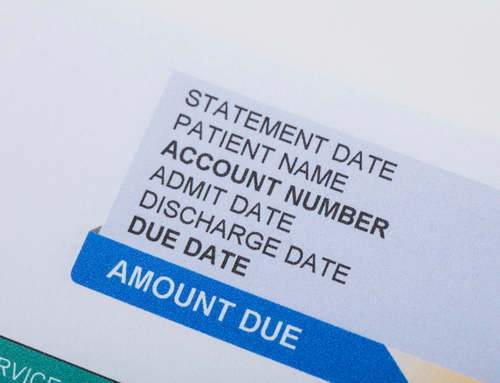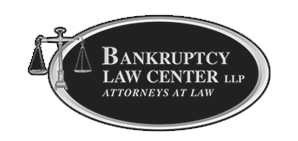 What is a lien? Simply put, a lien is the right to take and hold or sell the property of a debtor as security or payment for a debt. They can be divided into two broad categories: consensual and nonconsensual. A consensual lien is one that you agree to, like a mortgage. A nonconsensual lien is one that you do not agree to – it attaches to your property without your consent. A judgment lien is a common type of nonconsensual lien. It is created when someone wins a lawsuit against you and then records the judgment against your property. So if you own real estate in Milwaukee County, get sued in Milwaukee County, and lose the lawsuit, that parcel of real estate will be subject to a lien in favor of the party that sued you. And if you are sued in a different county, that judgment can easily be transferred to the county in which you hold real estate.
What is a lien? Simply put, a lien is the right to take and hold or sell the property of a debtor as security or payment for a debt. They can be divided into two broad categories: consensual and nonconsensual. A consensual lien is one that you agree to, like a mortgage. A nonconsensual lien is one that you do not agree to – it attaches to your property without your consent. A judgment lien is a common type of nonconsensual lien. It is created when someone wins a lawsuit against you and then records the judgment against your property. So if you own real estate in Milwaukee County, get sued in Milwaukee County, and lose the lawsuit, that parcel of real estate will be subject to a lien in favor of the party that sued you. And if you are sued in a different county, that judgment can easily be transferred to the county in which you hold real estate.
Most judgment creditors initially hold unsecured debts, such as credit cards or medical debts. But once they obtain a judgment against you, that debt is now converted to a secured debt, which creates additional problems than did not exist with the underlying unsecured debt. There is now a judgment lien on your property, which will have to be paid if you sell or transfer the property. It will also usually have to be paid if you wish to refinance your existing mortgage. The lien will survive your death and have to be paid by your heirs if they intend to retain the property. Additionally, in rare cases, a judgment creditor can execute on its judgment and force the sale of your real estate to satisfy the debt you owe to it.
A bankruptcy can change this. The formula is a bit complex, but depending on the amount of equity in your property, you often are able to “avoid” (i.e., strip off) a judgment lien. This is done by filing a motion in the bankruptcy court. Additionally, in Wisconsin, there is an equally effective method of removing most judgment liens from real estate. This is done shortly after a bankruptcy is completed, and is done through the county court which originally entered the judgment. This state court process is referred to as a “satisfaction” of the lien.
Lien avoidance in bankruptcy is a complicated and fascinating subject. Feel free to contact the Bankruptcy Law Center LLP if you have been sued and are concerned about a judgment lien on your property.





